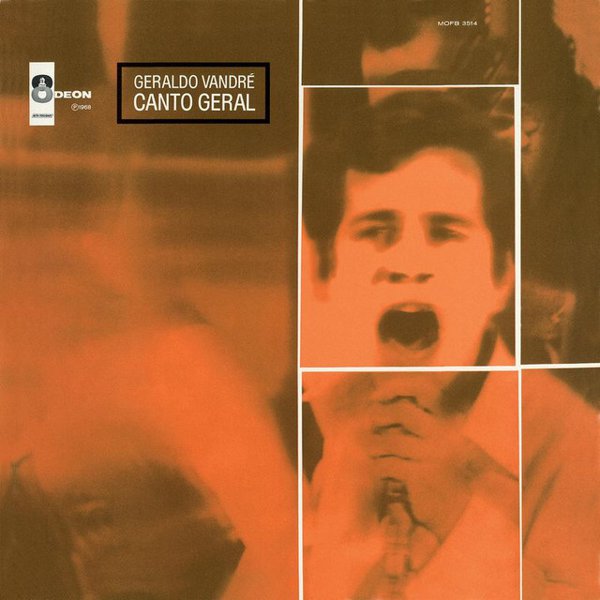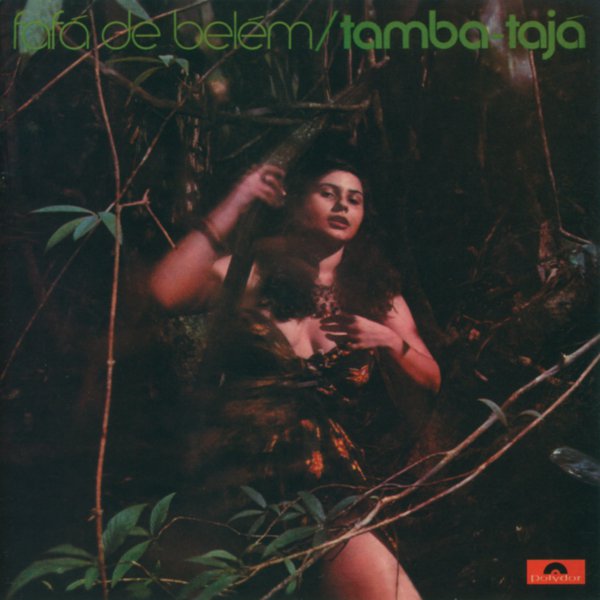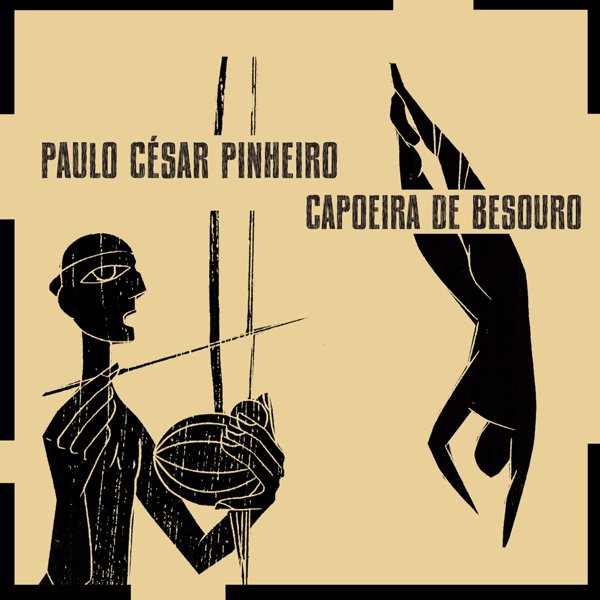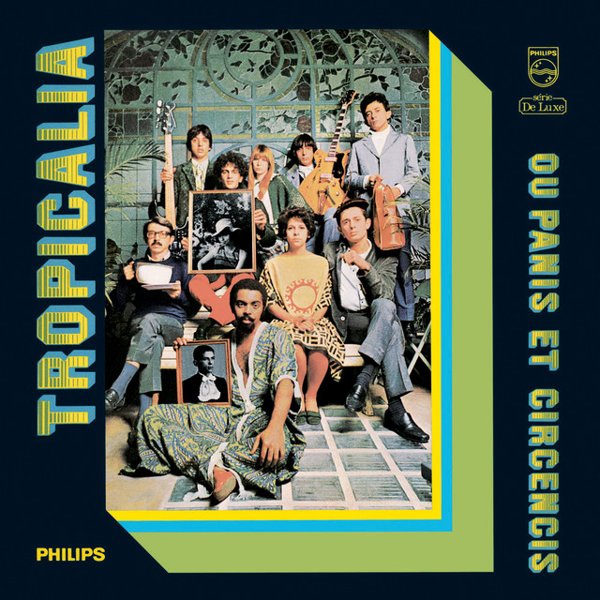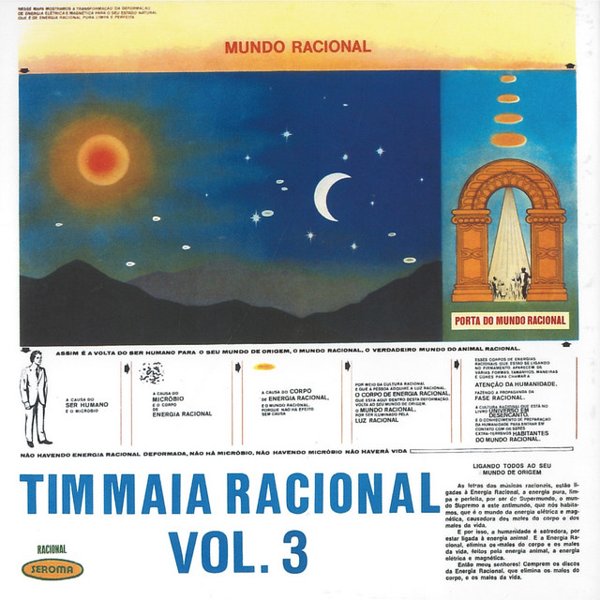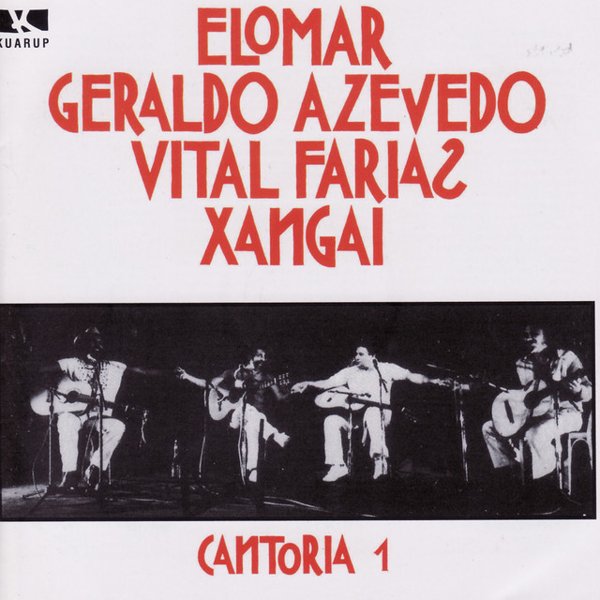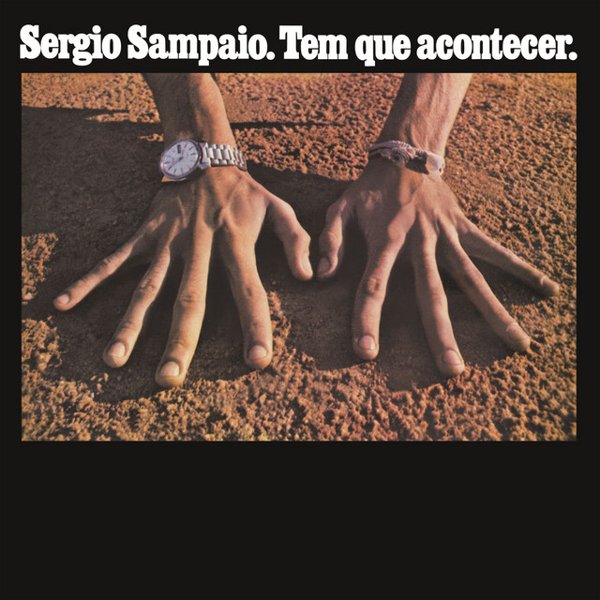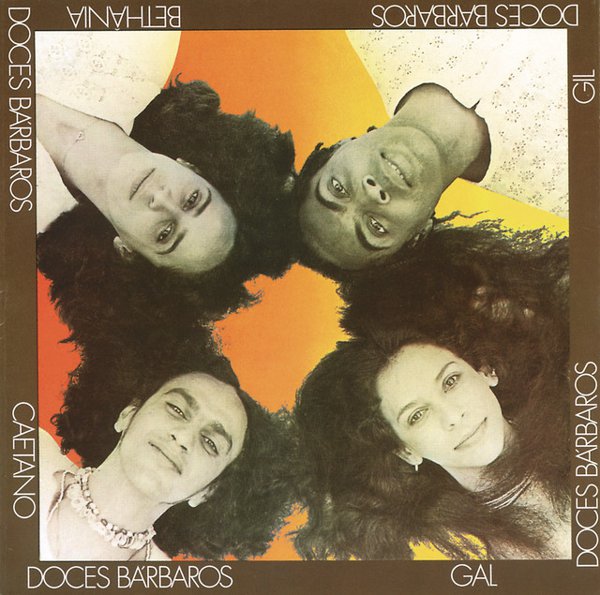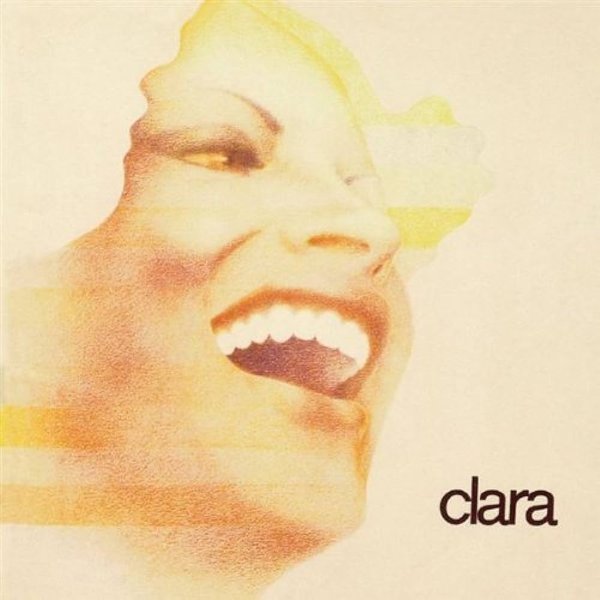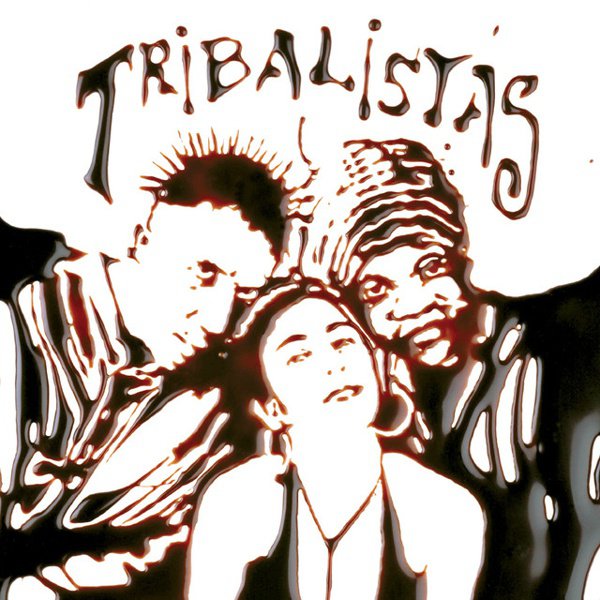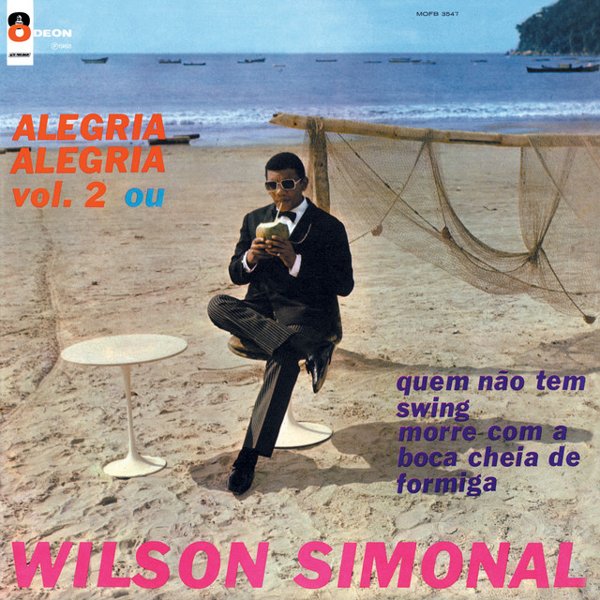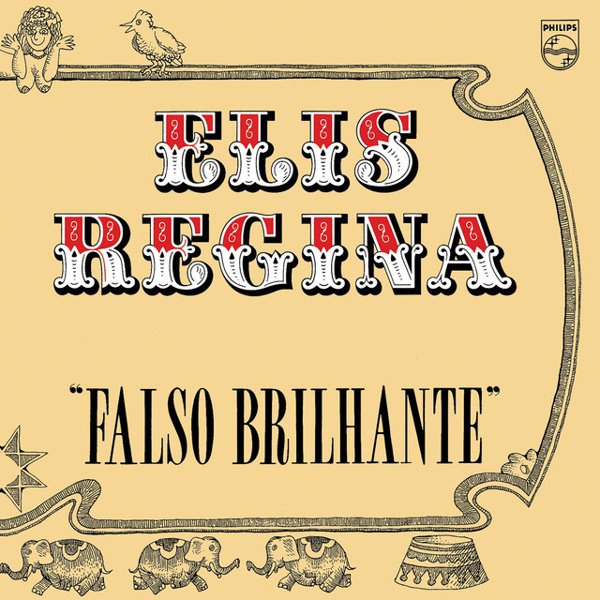Canto Geral
A troubadour telling a story of power relations. A call for a revolution that is yet to happen. The ethos of an invisible, forgotten Brazil. Vandré’s Canto Geral is one of those albums whose dense and inspiring nature simply can not fit into a single-sentence description. It was released in 1968, during the most brutal phase of the Civil-Military Dictatorship. No wonder then that Canto Geral is almost a manifest against the Brazilian status quo of 1968 — one that was marked by authoritarianism, violence, and social inequalities. While Geraldo Vandré’s most emblematic of all protest songs (Pra não dizer que não falei de flores) does not belong to this album, Canto Geral is filled with masterpieces that blend lyricism, Vandré’s electrifying interpretation, and countryside music aesthetics (with particular emphasis to the genre moda de viola). The quartet MPB4 in the backing vocals is simply transcendental. Arueira, by far, is the most thrilling song — a tale of vengeance against the powerful ones, with an arrangement that sounds like troops readying for battle.

